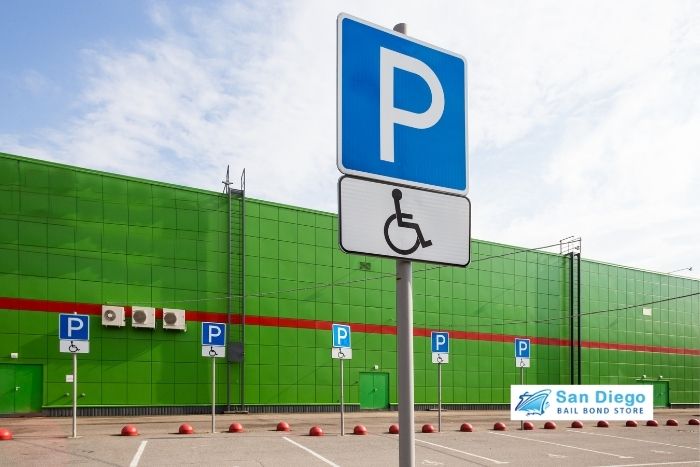Many people have heard the term,
contributing to the delinquency of a minor, but they don’t really know what it means. Nor do they fully understand how it can be against the law in California.
Contributing to the delinquency of a minor in California is a violation of
Penal Code 272 PC. It states:
“Every person who commits any act or omits the performance of any duty, which act or omission causes or tends to cause or encourage any person under the age of 18 years to come within the provisions of Section 300, 601, or 602 of the Welfare and Institutions Code or which act or omission contributes thereto, or any person who, by any act or omission, or by threats, commands, or persuasion, induces or endeavors to induce any person under the age of 18 years or any ward or dependent child of the juvenile court to fail or refuse to conform to a lawful order of the juvenile court, or to do or to perform any act or to follow any course of conduct or to so live as would cause or manifestly tend to cause that person to become or to remain a person within the provisions of Section 300, 601, or 602 of the Welfare and Institutions Code, is guilty of a misdemeanor.”It also says:
“An adult stranger who is 21 years of age or older, who knowingly contacts or communicates with a minor who is under 14 years of age, who knew or reasonably should have known that the minor is under 14 years of age, for the purpose of persuading and luring, or transporting, or attempting to persuade and lure, or transport, that minor away from the minor’s home or from any location known by the minor’s parent, legal guardian, or custodian, to be a place where the minor is located, for any purpose, without the express consent of the minor’s parent or legal guardian, and with the intent to avoid the consent of the minor’s parent or legal guardian, is guilty of an infraction or a misdemeanor, subject to subdivision (d) of Section 17.”Most of us know that kids, particularly teenagers will generally do what they want, including engaging in what society considers risky behavior. Even California lawmakers understand that. When they created
Penal Code 272 PC, California lawmakers didn’t think they could instantly encourage teenagers to make smart choices. The purpose of the law is to discourage adults from turning the blind eye to irresponsible behavior and to take the steps to stop it.Examples of behavior that could result in delinquency of a minor charge include:
Allowing a young teen to share a bedroom with a much older partnerProviding a minor with alcohol or tobaccoAllowing a minor to routinely skip schoolAllowing a minor to drive a vehicle even though they are years away from obtaining a license





